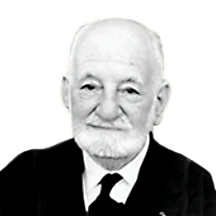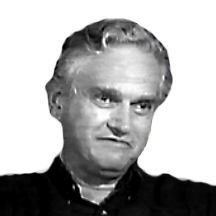Rene Cassin was born in Bayonne, France in 1887. In 1914, he received his Ph.D. degree in judicial, economic and Political Sciences.
On that year, World War I broke. Cassin, who was severely injured in battle, learned a human lesson from his personal suffering, and dedicated his life to the benefit of all people.
In addition to his activity for the benefit of war-disabled and orphans, Cassin represented France in international institutions; initially in the League of Nations and later on in the United Nations. During World War II, Cassin joined De Gaulle’s Government in exile, and handled the arrangement of the status of “Free France”.
In light of the horrors of World War II, Cassin placed his judicial knowledge at the service of the United Nations Commission on Human Rights. His greatest contribution was expressed in the drafting of the majority of the sections of the Universal Declaration on Human Rights.
In 1968, Rene Cassin was awarded the Nobel Peace Prize for his persistent struggle against the oppression and injustice prevailing in the world.
Cassin also acted in the service of his people: he served as the President of the Alliance Israelite Universelle and assisted in the rehabilitation of Jewish communities throughout the world.
Rene Cassin died in 1976 at the age of 89.
one of the fathers of the Universal Declaration on Human Rights.




